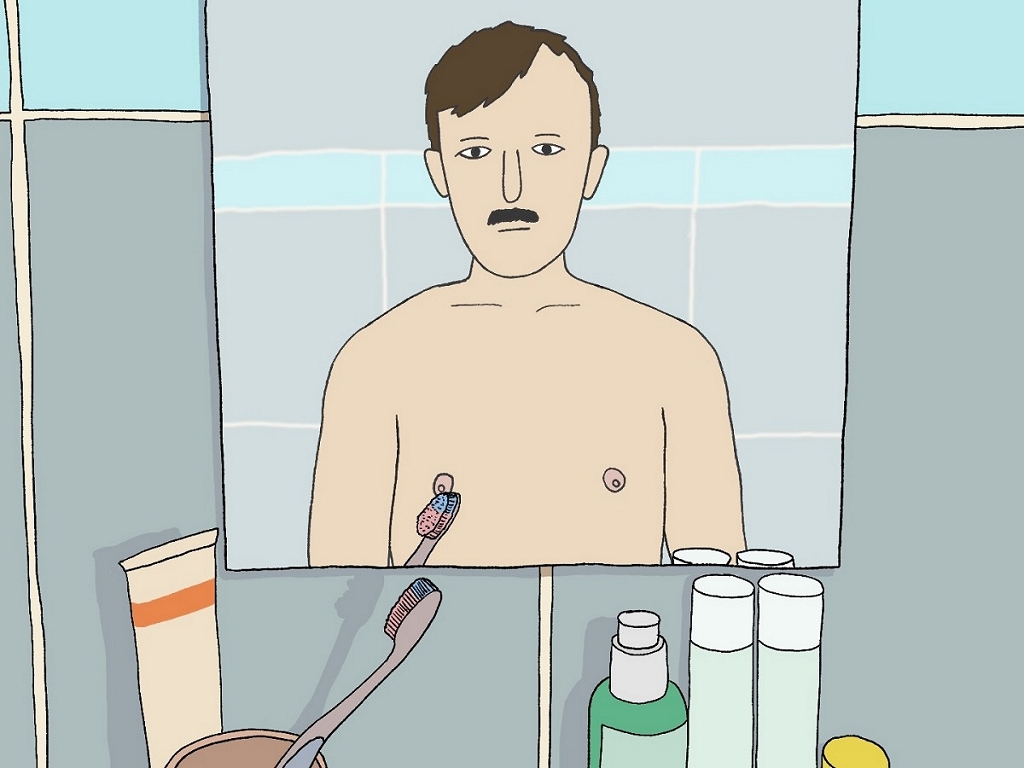« Day D », the twilight that gave birth to liberation, the prelude to a symphony played with the voice of the souls that bought you this day

By Albert Vataj
After the heroic splendor and the solemn sound of this day, a sour and painful truth is hidden. « Day D » was also the twilight of hundreds of lives off before the light opened over Europe. It cannot be confessed to all the greatness of this day without stopping what it was not planned – over the clutter, the losses that could have been avoided, on the decisions that were made under pressure, and the turns that the fate of the battle took in the early hours.
Because beyond glory and triumph, Day D remains a fierce memory that liberation is often an act based on terrible costs. And only by seeing this dark page of that day, can we really understand the price of that freedom that reached us from the coast of Normandy.
On June 6, 1944, on a dark morning on the coast of Normandy, one of the most crucial dawn of modern history was born. Called Day D (D-DAY), this day was not just a battle, it was an epic enterprise, a military symphony from the land, the sea and the air, which gave hope to a world suffocated in the Nazi darkness.
81 years ago, the landing of Normandy became the greatest act of collective courage in World War II. On this day, a force of 155,892 soldiers from 14 allied nations, supported by 4,200 landing boats, 1,200 warships and hundreds of aircraft, exploded off the coast of occupied France. Parachutes thrown at night in the dark before landing by the sea, 24,000 air troops, aimed to place signals for allied aircraft and take control of strategic bridges and roads. But the strong wind led them to the depths of France, only one tenth reached time in certain positions.
The Germans had not yet understood the size of the storm approaching. Even in the early hours of June 6, reports from the front of air landings were called « exaggerated ». And yet, this « exaggeration » was preparing to break the Atlantic wall that Hitler had built to protect the occupied Europe.
At 06:30, Normandy’s beaches were first bloodied by American troops landing in Utah and Omaha Beach. German artillery opened an unsparing fire. The coast turned into a shocking scene of sacrifice, where many never touched the sand. But after them came the British, Canadians, Poles and free French in an unstoppable flood. 80 kilometers of coast turned into the largest arena of clash between totalitarian evil and the will for freedom.
DAY D was not just a military attack, but a parable of what can be done when people come together for a common ideal. The losses were great, especially for Americans and Canadians – but the victory that opened that day brought the hope of liberation for millions.
It’s easy today, eight decades later, to talk about D-Day as a glorious history page. But that day, for thousands of ordinary soldiers, it was a confrontation with fear, death, with the impossible. Some left their lives there, some left friends there. And they all left an inheritance: the freedom we enjoy today.
Day D was not the end of the war, but it was the beginning of its end. It was the moment when the sky opened over Europe and the darkness began to descend from the scene. In the waves of Normandy the most powerful sentence that humanity can say to tyranny was written: « We will not give up. »



:format(webp)/s3/static.nrc.nl/images/gn4/stripped/data133314127-765aec.jpg)
